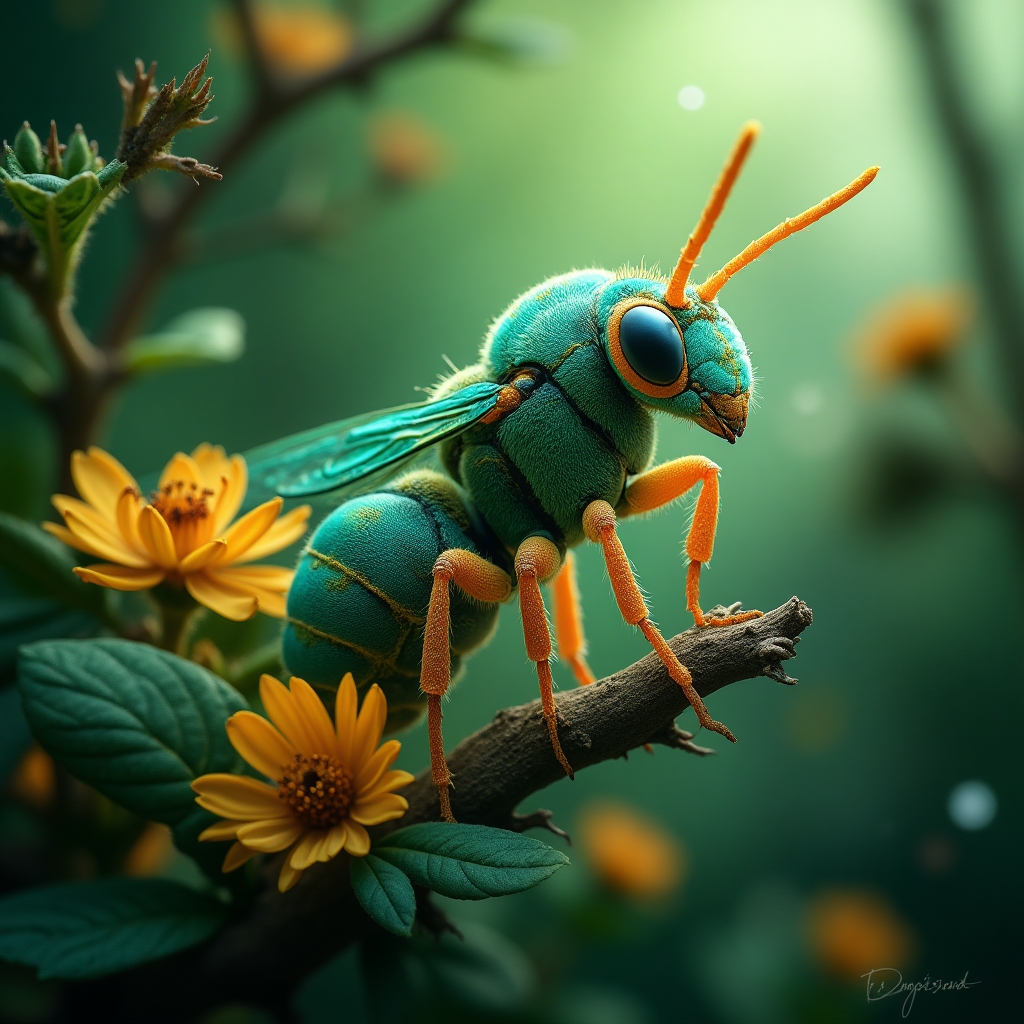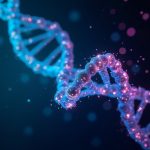What if the secret to living longer wasn't hidden in a laboratory but within the lifecycle of a tiny wasp? Recently, researchers uncovered a fascinating discovery about the jewel wasp larvae—an insight that could potentially change our understanding of aging. These little creatures provide a glimpse into nature's own biological clock, where a pause in development leads to enhanced longevity.
iN SUMMARY
- 🔍 Scientists uncover a surprising link: jewel wasp larvae can pause their biological clock, promoting longer life.
- 📊 The developmental "pause" mechanism in these larvae slows aging by nearly 30%, hinting at applications for humans.
- 🚀 This discovery relies on conserved biological pathways, potentially useful in understanding human aging.
- 🌐 Could this be nature’s key to slowing down aging processes? Research continues to unlock more answers.
Imagine the astonishment on the faces of scientists from this scientific discovery as they observed the jewel wasp larvae pause development, almost as if stopping time itself. What was previously an undetected feature of this insect's lifecycle has now become a beacon of hope in the realm of anti-aging research.
The Pause That Refreshes
The jewel wasp larvae (Nasonia vitripennis) stand out not just for their dazzling name but for their unique ability to temporarily halt their developmental process. According to scientific findings, when these larvae enter a state of diapause—a dormant phase—they elongate their lifespan by nearly 30%, effectively stretching their existence at a molecular level.
How Does This Pause Work?
Think of diapause as flipping the pause button on your favorite song. Jewel wasp larvae can slow their metabolism and enter a state of suspended animation. It's the larvae's way of ensuring their survival until the external environment is just right for their development to continue. Intriguingly, this pause is linked to specific evolutionary conserved pathways that regulate aging across various species, providing scientists with vital clues for human applications.
Implications for Human Aging
- Diapause in the jewel wasp shows similarities to metabolic slowing seen in some mammals, leading humans to wonder—could we harness these paths?
- The idea is that, by mimicking these pathways, it might be possible to develop treatments that slow human aging.
- Researchers are enthusiastic about the potential applications this discovery might have for regenerative medicine and anti-aging therapies.
As we delve deeper into this scientific marvel, it’s essential to consider not just the biological aspects but the impacts on society and culture. Understanding and potentially manipulating aging processes could redefine how we approach aging in fields like healthcare, pharmaceuticals, and even social policies.
A Walk on the Ethical Side
This groundbreaking work also nudges us toward a crucial ethical dialogue. Considering developments like these, we must ponder how society will address the challenges of a significantly extended human life expectancy. Ethical considerations are as crucial as the scientific ones, ensuring advancements benefit society holistically.
What We Can Learn from Nature
The jewel wasp larvae remind us of the incredible phenomena interwoven with the tapestry of nature, sometimes hidden in plain sight, waiting to be uncovered. Their ability to harness a developmental pause fascinates, inspiring scientists worldwide to reimagine the boundaries of longevity.
For those eager to know more, local news and insights from Calgary, London, or Sydney bring communities closer to both regional and global happenings in science.
The Future of Anti-Aging Research
While humanity's quest to slow the biological clock is ongoing, the jewel wasp larvae provide a crucial piece of the puzzle. As researchers continue to explore this phenomenon, the potential for new therapies or interventions awaits. Who would have thought that such a small insect could shed so much light on one of science’s biggest mysteries?
What do you think about this fascinating discovery? Could insights from these wasp larvae lead to game-changing breakthroughs in human aging? We invite you to share your thoughts and join the conversation. Become part of the iNthacity community, and perhaps one day, you’ll follow the path from a visitor to a citizen in the Shining City on the Web.
As we continue to explore, may our curiosity always lead us to such wonderful discoveries, proving once again that the smallest creatures often have the grandest stories to tell.
Disclaimer: This article may contain affiliate links. If you click on these links and make a purchase, we may receive a commission at no additional cost to you. Our recommendations and reviews are always independent and objective, aiming to provide you with the best information and resources.
Get Exclusive Stories, Photos, Art & Offers - Subscribe Today!
























Post Comment
You must be logged in to post a comment.